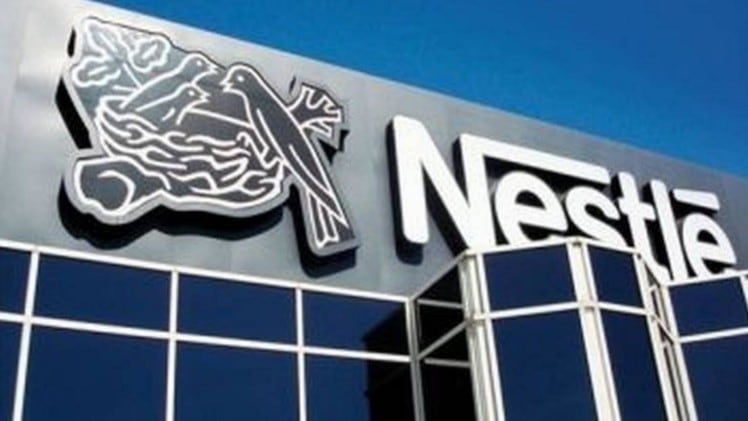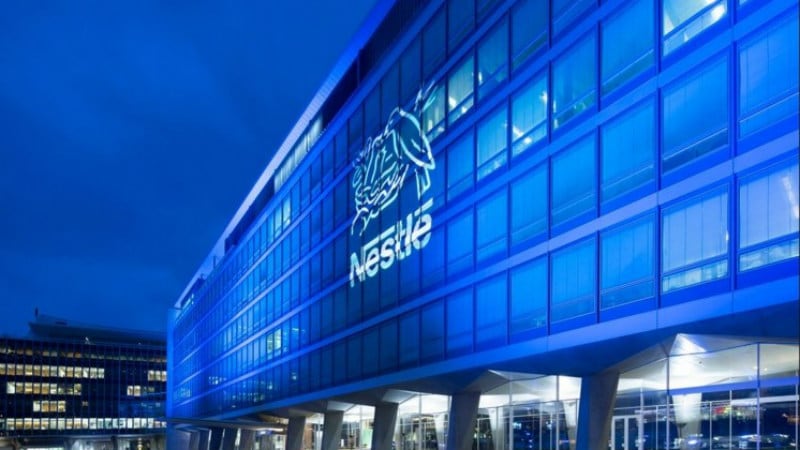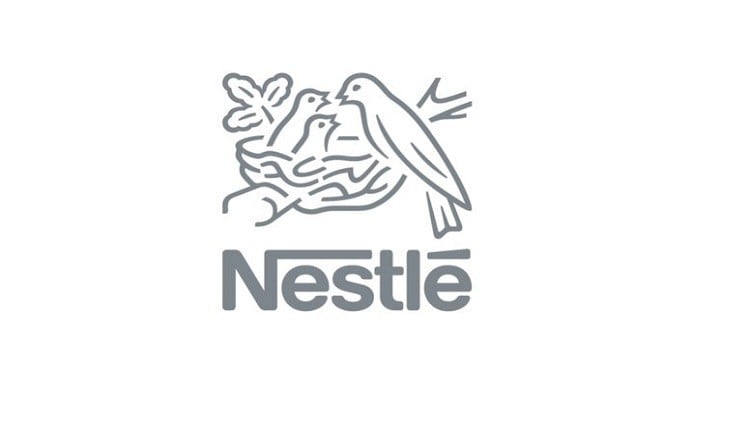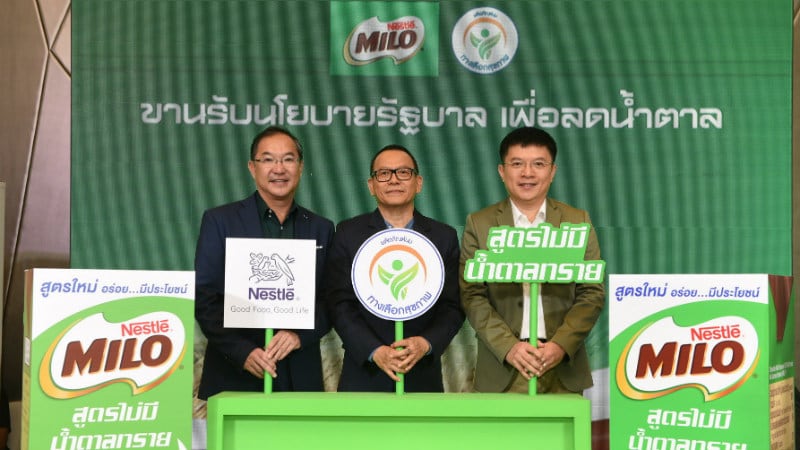According to Nestle Philippines chairmen Kais Marzouki, the company places more priority on local manufacturing over the importing of products to provide ‘technology [transfer], employment generation, tax contribution and further development in the [country’s] manufacturing sector’.
“[We may continue with] a similar rate of investment in the next four to five years,” Marzouki said at the opening of the company’s new PHP 2.8b (US$54mn) ready-to-drink (RTD) plant within the premises of its manufacturing complex in Batangas.
He described the 14,688 square metre plant as the “single biggest investment that Nestlé has done in 2018” across the Asian and African regions.
The new plant will start with RTD chocolate beverage manufacturing, under the brand of Nestle Chuckie. It is equipped with wet processing and Ultra-High Temperature (UHT) equipment.
It has begun production of the 250ml variant of Nestle Chuckie, and will be adding the 110ml variant as well as Nestle All Purpose Cream production to its portfolio at a later date.
Nestle Philippines has already invested some PHP 14bn (US$270mn) on CAPEX upgrades across the last five years, translating to an average of PHP2.7bn (US$52mn) per year, used on upgrading its plants in Cabuyao, Cagayan de Oro, Lipa, and Tanauan.
According to PhilStar, 94% of Nestle products sold in the Philippines are manufactured locally.
Nestle Philippines’ controversy woes
Nestle Philippines’ renewed commitment to local production comes in the wake of a string of controversies that have hit the food and beverage giant in recent months.
In September last year, local media reported that Nestle Philippines would be shutting down its local coffee production plant and quitting the coffee business in the country, citing higher taxes and increasing costs.
“Nestlé Philippines is not planning to close any of its manufacturing facilities in the Philippines. Coffee under our NESCAFÉ brand remains to be a core pillar for us, and we are committed to support the local coffee industry and our coffee farmers to growth,” the company told us.
“We have been operating in the Philippines for 107 years now, and we look forward to doing business here in the next 100 years. Nestlé is here to stay.”
Manilastandard.net had quoted Nestle Philippines Vice President Ernesto Mascenon as saying, with regard to the country’s Tax Reform for Acceleration and Inclusion (TRAIN), that: “We’re requesting [the government], for TRAIN 2, to address the disadvantage of local manufacturers who use local agricultural products against those who are importing finished products, especially from ASEAN.”
“[The government] should include local manufacturers [in the discussion of TRAIN 2] to make us more competitive, not only export-oriented industries.
“Otherwise, we will close down our manufacturing here and just move on to Indonesia, Malaysia or Vietnam and import finished products.”
Earlier this year, Nestle Philippines also collaborated with the Cagayan de Oro city government and building solutions enterprise Green Antz to build an ‘eco-bricks’ facility in Mindanao.
According to Nestle, eco-bricks are made using a proprietary process and involves the use of a ‘special construction additive’ that ‘enables plastic and cement to adhere together’.
This move was possibly in response to the company being named as a major contributor to the ‘plastic waves’ phenomenon in Philippines last year, as well as one of the top polluters worldwide, especially in the Americas and Europe.
“At Nestlé Philippines, we are committed to play our part. We continuously find ways to reduce our environmental footprint,” Nestle Philippines told us previously.
“All of Nestle factory sites have achieved zero waste to landfill. […] We continue to go beyond our factories, work with experts here and around the world to explore sustainable recycle options and packaging solutions that are safe, affordable and accessible to Filipino consumers.”





